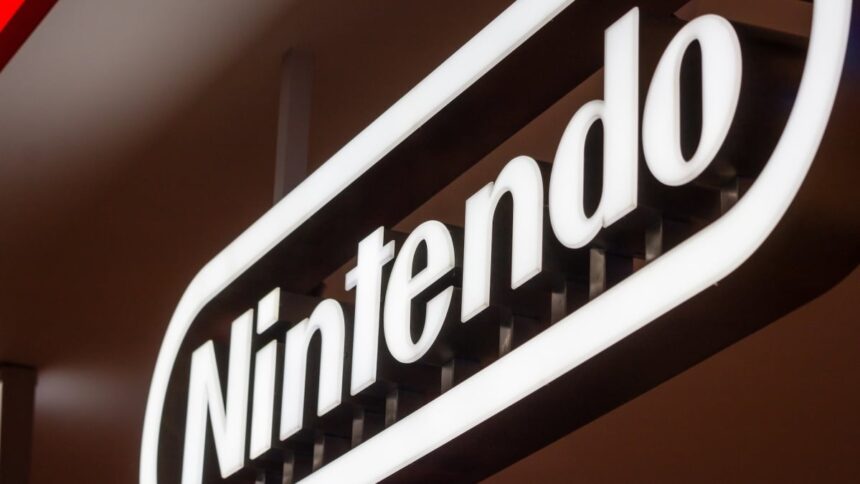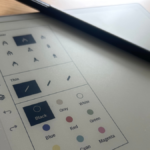Understanding the Impact of Tariffs in 2025
The word “tariff” has emerged as a pivotal term in 2025. The Trump administration’s aggressive stance on imposing tariffs has disrupted global markets and eroded confidence in the U.S. economy. This turmoil shows no signs of abating: in response to a staggering 104% tariff raise on Chinese imports, China promptly countered by increasing tariffs on U.S. products from 34% to 84%.
In essence, the current economic landscape is chaotic, with no clear predictions for the future. Uncertainty tends to unnerve markets, leading companies to take precautionary measures amid such instability, particularly when it stems from governmental actions.
For American citizens, these tariffs mean that our own government is engaged in these challenging trade practices, resulting in a predictable backlash: several businesses are pausing their operations within the United States. While this trend is not widespread yet, several influential companies have opted to adopt this strategy already.
Nintendo’s Situation
Recently, Nintendo delighted fans with a comprehensive presentation on the highly anticipated Switch 2, showcasing exciting new games, enhanced gaming styles, and even integrated in-game communication options like video chats.
Preorders for the Switch 2 were originally set to start on April 9, and with the immense hype surrounding this console, securing a preorder seemed crucial.
However, following the announcement of new tariffs, Nintendo revealed a delay in U.S. preorders, although the official release date on June 5 remains intact. It’s uncertain when preorder options will reopen for American customers or if the price for the Switch 2 will increase, but given that the base price is already $450, any price hikes could make this portable console considerably costly.
Framework’s Decision
Framework designs laptops that allow for user modifications and upgrades, setting them apart from standard tech offerings. Unfortunately for U.S. buyers, accessing these machines is about to become much more challenging.
Following Nintendo’s example, Framework announced a halt on the sale of specific laptop models. The company has stated that due to the tariffs implemented on April 5, they will suspend the sale of selected basic models of the Framework Laptop 13, including the Ultra 5 125H and Ryzen 5 7640U variants.
Moreover, on the following day, Framework also put a stop to preorders for their upcoming Laptop 12 in the U.S., and they are withholding the price announcement, hinting it may exceed earlier expectations.
Razer’s Approach
The prominent laptop manufacturer Razer has taken even more drastic measures, effectively ceasing all laptop sales to U.S. consumers and also halting sales of certain accessories. A visit to their site reveals only “Notify Me” options, with no purchase capabilities available.
While Razer’s laptops can still be found through other retailers, there is a likelihood of them selling out quickly due to the company’s sales pause, potentially prompting price increases as well.
Jaguar Land Rover’s Shipment Pause
For those considering the purchase of high-end vehicles, it may be advisable to wait before investing in a Jaguar or a Land Rover. The manufacturer has halted shipments of its vehicles to the U.S., in light of the 25% import tariff imposed by Trump.
Basic Fun’s Product Shipments
You may not recognize Basic Fun by name, yet the company is behind popular toys such as Care Bears, Lincoln Logs, K’nex, and Tonka Trucks. They have opted to suspend shipments of products manufactured in China due to tariff risks. According to CEO Jay Foreman, he has stated he won’t take the chance of sending any products that might incur high tariffs as enforced or threatened by the administration.
Impact on Swiss Watchmakers
Likewise, reports indicate that renowned Swiss watchmakers like Audemars Piguet, Breitling, and Rolex are also suspending shipments to the U.S. This follows the imposition of a 31% tariff on imports from Switzerland by the Trump administration.
Challenges Facing Smaller Enterprises
While large corporations like Nintendo grab headlines with their sales pauses, the repercussions for smaller businesses are less visible yet significant. Generally, these tariffs impose greater challenges on small enterprises, which do not have the resources to absorb the inflated costs on imported goods or to cease operations while strategizing their next steps.
Many small businesses had orders placed prior to the tariff implementation. However, once these products arrived in the U.S., subsequent tariff increases meant they were facing vastly higher costs. For instance, Sarah Wells, who runs Sarah Wells Bags, was burdened with an extra $15,000 just to clear her merchandise through customs. Meanwhile, Emily Ley, of Simplified, has even taken the extraordinary step of suing the Trump administration, citing that these tariffs could add $630,000 to her fees this financial year.
This situation continues to evolve. Companies will be added to this overview as they respond to the ongoing challenges posed by tariffs.












